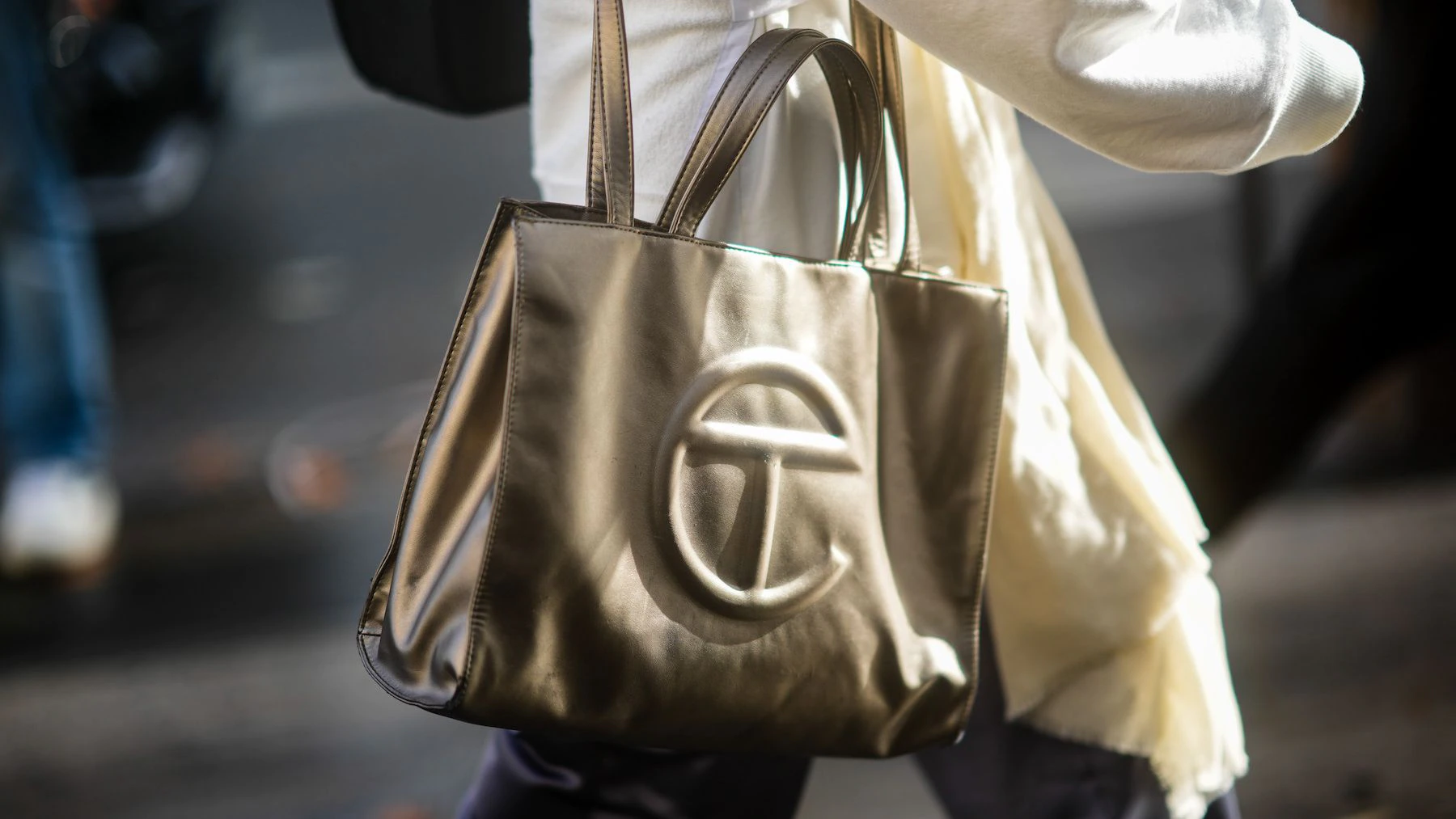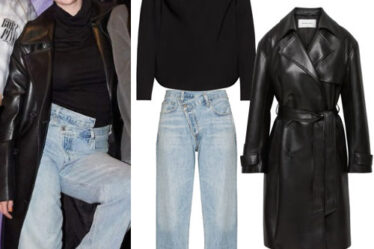
Telfar’s signature “Shopping” tote has become an explosively successful symbol of the cultural shifts reshaping fashion.
Gen-Z’s first It bag is accessibly priced, genderless and made of vegan leather. The so-called “Bushwick Birkin” designed by Liberian-American designer Telfar Clemens is positioned as a subversive riposte to the expensive European leather goods that have dominated the luxury market.
Despite its relatively humble price point (between $150 and $257), its cultural cachet is such that Beyoncé name-checked the bag in her latest album: “This Telfar bag imported. Birkins? Them shit’s in storage,” the megastar sings on the final track.
So when a vegan dancer and choreographer posted a video to Twitter, showing how the faux leather on his well-loved Telfar tote had worn away over four years of use, the internet had many opinions.
For some, the video, which has so far clocked up 1.6 million views, was proof that leather alternatives are a poor substitute for the real thing. Others took the opportunity to point out that vegan leather is just a fancy way of saying plastic. A few saw it as an unfair critique of a brand that has succeeded against the odds in an industry that for years has ignored and marginalised the community it represents. Many defended the brand, making the case that four years is a respectable lifespan for an everyday handbag or sharing that their Telfar bags have lasted years with careful use.
In essence, the tweet — which was intended to start a conversation about the quality of vegan leather alternatives — captured in a viral social-media moment why navigating topics linked to sustainability can be so complex.
Over the last few years, “sustainability” has become a highly marketable catch-all for any effort to operate more responsibly, from climate to inclusivity and workers’ rights.
That hazy definition has made it a space fraught with trade-offs and conflicts, enabling greenwashing, but also tripping up brands whose genuine efforts aren’t necessarily intended to cover all bases.
Take vegan leather, a popular way to rebrand materials that are essentially just plastic. While that may tick the box for consumers whose primary concern is animal rights, the link to fossil fuels means such materials are hardly a responsible choice from a climate perspective.
The weight of expectation is particularly charged for a label like Telfar which, for the record, doesn’t promote itself as a sustainable brand. (The brand didn’t comment for this story.)
“There are so many expectations when it comes to Black brands to either be everything or nothing,” said fashion writer Scarlett Newman. “It’s unrealistic.”
Telfar, though, is clear about what it stands for and why it does what it does. Its use of faux leather is a choice driven by the material’s price and accessibility, according to the company’s website, in line with the brand’s ethos to design for a community long ignored by the fashion industry because of gender, race or socioeconomic background.
That holds a lesson for any company trying to navigate the current landscape: the key is to clearly define what you stand for and consistently deliver on that.
“The brand is very transparent about who they are, what they represent and what they’re trying to do,” Newman said. Among the reasons Telfar resonates so strongly is that it stands for “the cause, to support a Black designer, to represent ‘I’m part of this community, this is where I stand.’”
For more BoF sustainability coverage, sign up now for our new Weekly Sustainability Briefing by Sarah Kent.



